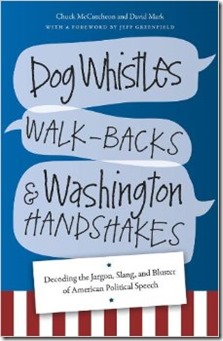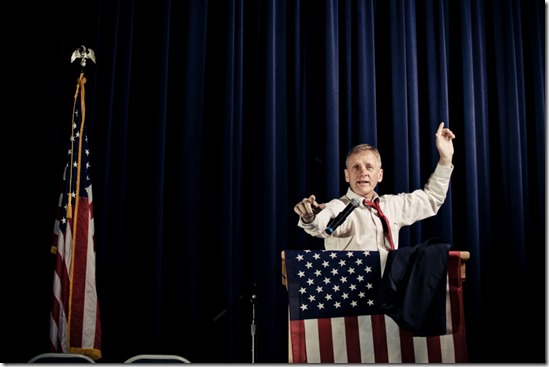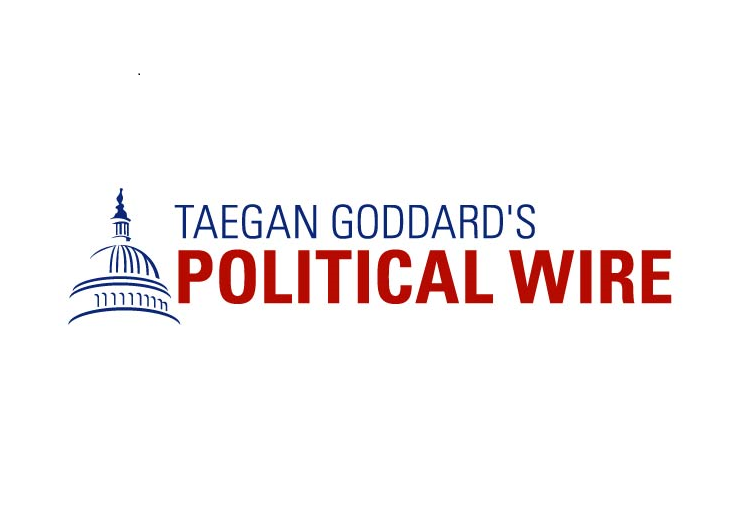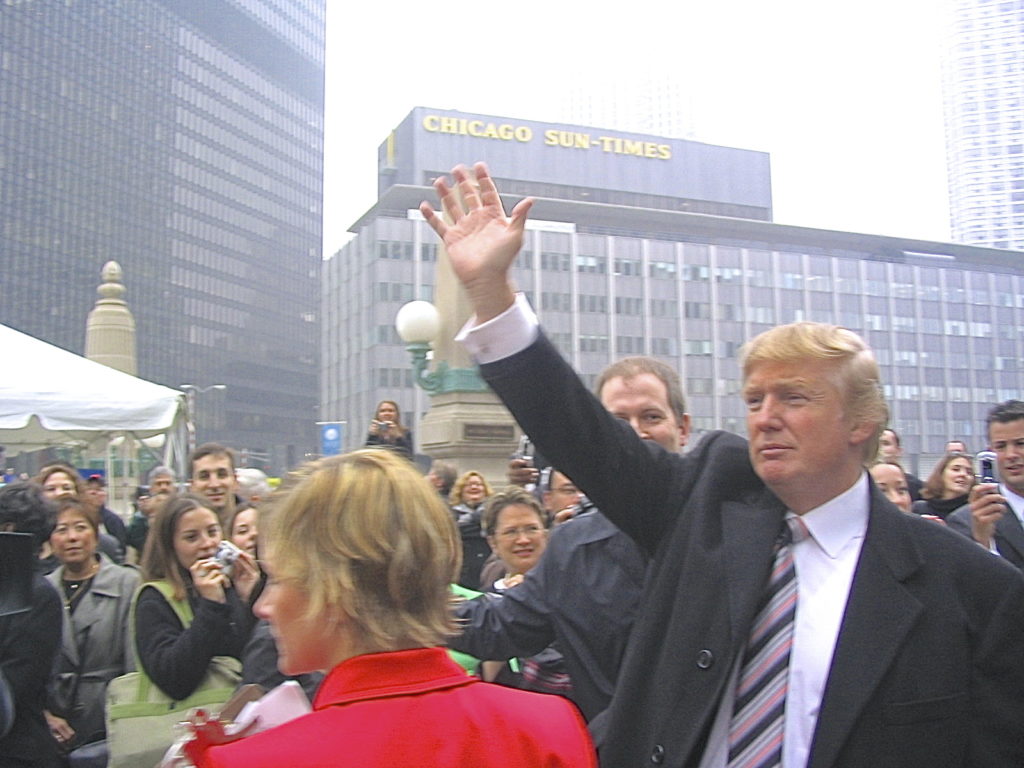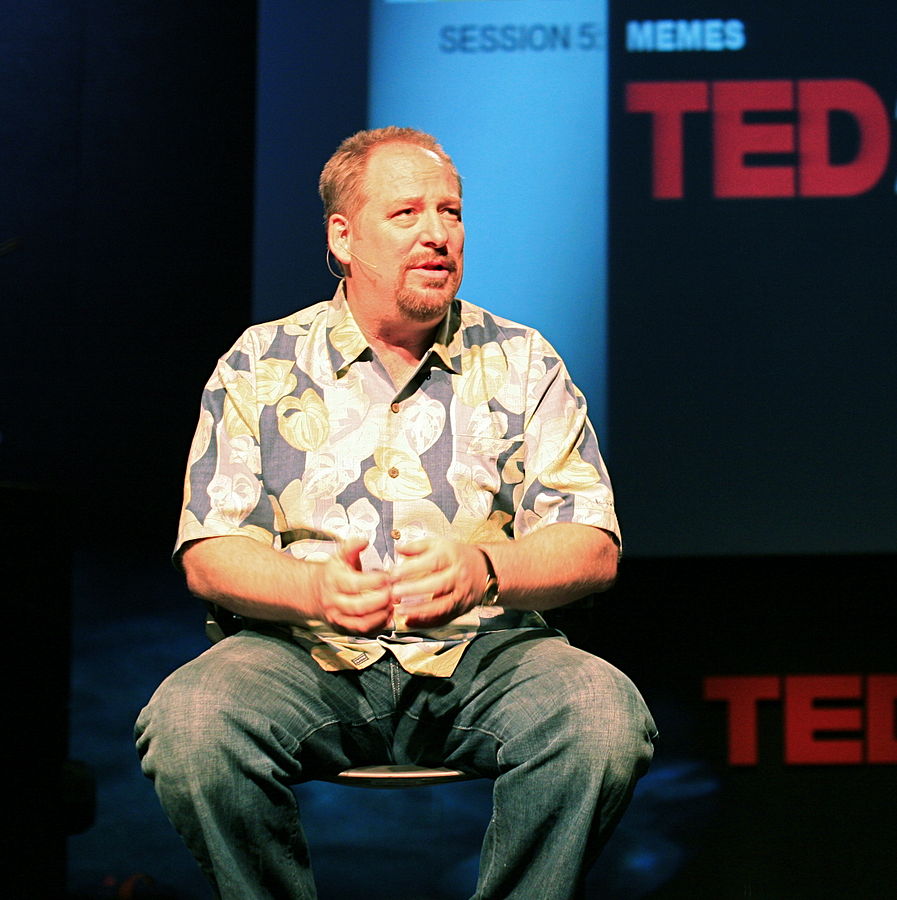Election Night: You'll Probably Hear These Words Tonight
Political journalists David Mark and Chuck McCutcheon recently released a new book, Dog Whistles, Walk-Backs, and Washington Handshakes: Decoding the Jargon, Slang, and Bluster of American Political Speech, which defines what politicians really mean when they use certain words and phrases.
You’ll probably hear many of these terms from tonight’s winners and losers, pundits, and reporters.
Their book humorously defines more than 200 political terms. Here are 14 of my favorites, which the authors explain in greater detail in their book.
Terms You’ll Probably Hear Tonight
1. The American People
Every politician, even the ones in complete disagreement, claims to speak for the people. It’s invoked often enough to have achieved drinking-game status.
2. Democrat Party
A GOP distortion of the Democratic Party’s name meant to belittle it. The way members of the Democratic Party see it, the phrase is meant to imply that they are less than fully “democratic.” Republicans, in this view, use the “Democrat” term to imply “they are the only true adherents of democracy.”
3. Strategist / Adviser
Broad catchall descriptions for campaign consultants. Television talking heads are often labeled this way, even when the strategist has little or no experience working on an actual campaign.
4. “Elections have consequences.”
The political way for a winner to tell a loser, “Tough luck, you lost. Get over it.”
5. “The question we should be asking…”
One of the biggest maxims for politicians in dealing with the media is that you don’t always answer the question that you were asked; you answer the one you want asked. It’s a rhetorical pivot away from potentially dangerous territory onto safer ground while staying on message.
6. “With all due respect…”
An age-old preface to leveling criticism, with the perfunctory pretense of appearing fair-minded. As humorist Dave Barry once wrote in his mock language column: “It is correctly used to ‘soften the blow’ when you wish to criticize someone in a diplomatic and nonjudgmental manner, as in: ‘With all due respect, you are much worse than Hitler’ or ‘No disrespect intended, but you have the intelligence of a macaroon.’”
7. My good friend
Politician-speak for somebody they often can’t stand.
Terms You May Not Hear Tonight, But Will Soon
8. Elites
A term that once commonly described wealthy Republicans—so-called country-club elites—it has morphed in recent decades into a pejorative description of Democratic intellectuals, including Acela Corridor inhabitants.
9. Acela Corridor
The densely populated stretch of the Northeast traversed by pundits, campaign consultants, and other political cognoscenti. Named for the express, pricier Amtrak trains that can shuttle between Washington, D.C., and New York City in under three hours.
10. Committing candor
To speak the unvarnished truth, usually inadvertently, and thus spark a controversy.
11. Deep regret
A classic form of non-apology apology, in which the politician does not actually express contrition.
12. “I’m sorry if I offended anyone.”
A classic non-apology apology that makes it clear the public figure is sorry for being caught, not for what he or she actually said.
13. “I want to spend more time with my family.”
One of the most pervasive euphemisms in the government and business worlds, it’s the lame excuse when someone doesn’t want to provide the real reason for departing a job.
14. Walk back
Attempts by politicians and press handlers to limit the damage done by dumb, embarrassing, and stupid statements. It’s a politely euphemistic way to address the subject of lying or deception without having to use those rather unseemly words.
Did you hear any of these terms tonight? Did you hear others that should be on this list? Please leave your words and phrases in the comments section below.
